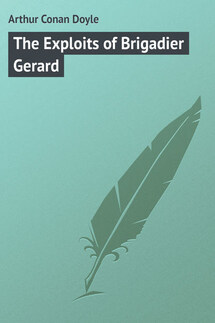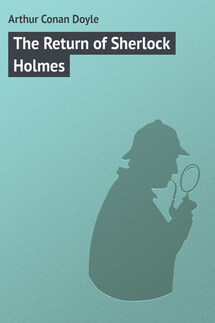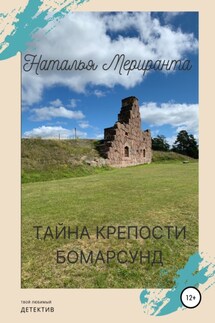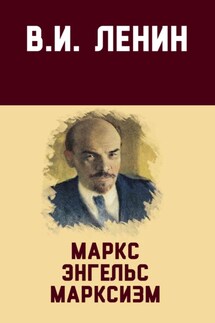His Last Bow - страница 16
"The object of the mulatto cook's return?"
"I think that the strange creature in the kitchen may account for it. The man was a primitive savage from the backwoods of San Pedro, and this was his fetish. When his companion and he had fled to some prearranged retreat – already occupied, no doubt by a confederate – the companion had persuaded him to leave so compromising an article of furniture. But the mulatto's heart was with it, and he was driven back to it next day, when, on reconnoitring through the window, he found policeman Walters in possession. He waited three days longer, and then his piety or his superstition drove him to try once more. Inspector Baynes, who, with his usual astuteness, had minimized the incident before me, had really recognized its importance and had left a trap into which the creature walked. Any other point, Watson?"
"The torn bird, the pail of blood, the charred bones, all the mystery of that weird kitchen?"
Holmes smiled as he turned up an entry in his notebook.
"I spent a morning in the British Museum reading up on that and other points. Here is a quotation from Eckermann's Voodooism and the Negroid Religions: The true voodoo-worshipper attempts nothing of importance without certain sacrifices which are intended to propitiate his unclean gods. In extreme cases these rites take the form of human sacrifices followed by cannibalism. The more usual victims are a white cock, which is plucked in pieces alive, or a black goat, whose throat is cut and body burned.
"So you see our savage friend was very orthodox in his ritual. It is grotesque, Watson," Holmes added, as he slowly fastened his notebook, "but, as I have had occasion to remark, there is but one step from the grotesque to the horrible."
The Adventure of the Cardboard Box
In choosing a few typical cases which illustrate the remarkable mental qualities of my friend, Sherlock Holmes, I have endeavoured, as far as possible, to select those which presented the minimum of sensationalism, while offering a fair field for his talents. It is, however, unfortunately impossible entirely to separate the sensational from the criminal, and a chronicler is left in the dilemma that he must either sacrifice details which are essential to his statement and so give a false impression of the problem, or he must use matter which chance, and not choice, has provided him with. With this short preface I shall turn to my notes of what proved to be a strange, though a peculiarly terrible, chain of events.
It was a blazing hot day in August. Baker Street was like an oven, and the glare of the sunlight upon the yellow brickwork of the house across the road was painful to the eye. It was hard to believe that these were the same walls which loomed so gloomily through the fogs of winter. Our blinds were half-drawn, and Holmes lay curled upon the sofa, reading and re-reading a letter which he had received by the morning post. For myself, my term of service in India had trained me to stand heat better than cold, and a thermometer at ninety was no hardship. But the morning paper was uninteresting. Parliament had risen. Everybody was out of town, and I yearned for the glades of the New Forest or the shingle of South sea. A depleted bank account had caused me to postpone my holiday, and as to my companion, neither the country nor the sea presented the slightest attraction to him. He loved to lie in the very centre of five millions of people, with his filaments stretching out and running through them, responsive to every little rumour or suspicion of unsolved crime. Appreciation of nature found no place among his many gifts, and his only change was when he turned his mind from the evil-doer of the town to track down his brother of the country.









